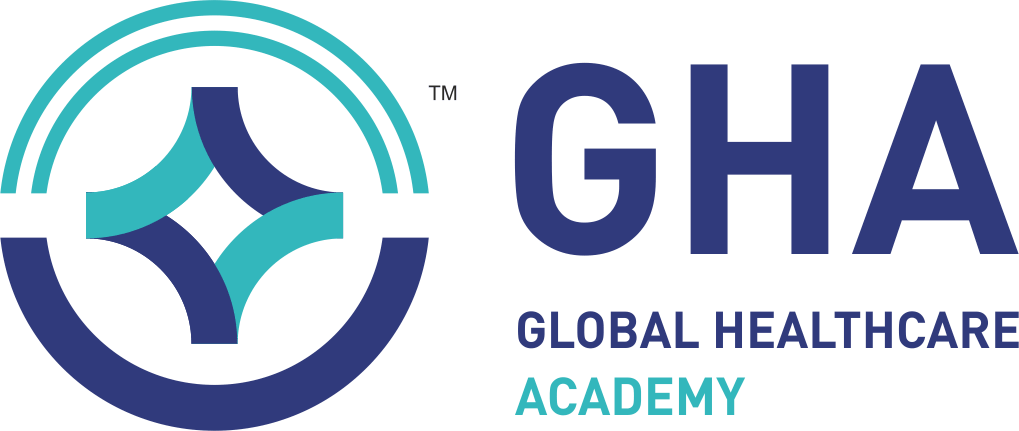Application of basic science research in oncology
Online
Course
Free
About The Course
Basic science resides on the lower tiers of EBM's
hierarchy of evidence. Therapeutic decisions, according to proponents of EBM,
should be informed by evidence from randomised studies and their systematic
reviews rather than basic science. Relying on the framework of models, it shows that basic science often plays a role not only in specifying experiments, but also analysing and interpreting the data that is provided.
Clinical medicine is a teleological science. What matters is the outcome: improving the health of a patient. In this way, clinical medicine shares challenges with other teleological sciences. The complexity of cancer and the diverse treatment options available exacerbate the challenges of developing an evidence base that will adequately support clinical decision-making.
There are hundreds of different types of cancer, with multiple stages of disease (e.g., precancer, early-stage disease, metastatic disease). The multiple treatment modalities and combination strategies for cancer treatment necessitate coordinated teams of professionals with multiple skill sets.
Additionally, the toxicity of many treatment options often requires patients and clinicians to make difficult decisions that weigh the benefits and harms of alternative treatment approaches. Although cancer care is evolving quickly, with manufacturers marketing new drugs and devices that have the potential to improve current treatment, those innovations come with substantial human and financial costs.
Decisions need to be made, often quickly, and invariably on limited information. Like many applied sciences, the evidential inputs into decisions come from a range of fields.
Clinical medicine relies on the basic medical sciences of physiology, pathophysiology and immunology, as well as applied clinical research in the form of observational studies and randomised trials—not to mention the many additional fields that complement these sources of information.
While basic medical science provides a rich theoretical basis for medical decisions, applying the best-supported mechanisms of basic science to patient care is not straightforward. Learning more about the pharmacological/pathophysiological mechanisms can help to discern which patients are more likely to benefit from therapy.
But medical knowledge remains incomplete and relies on observing the average response of therapy in a defined group of patients.
